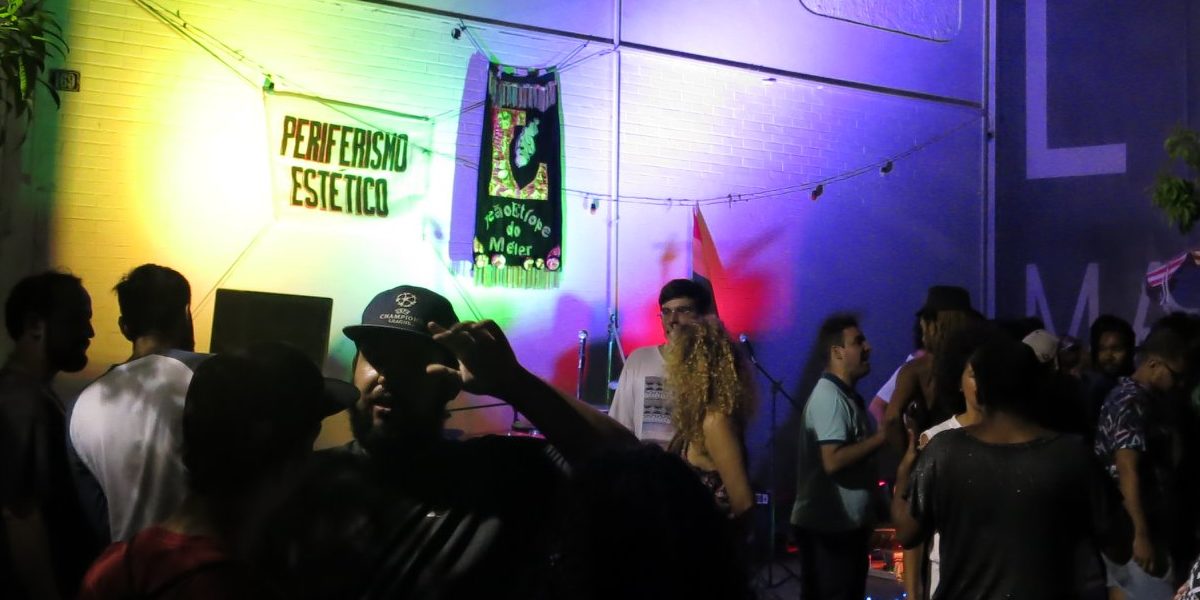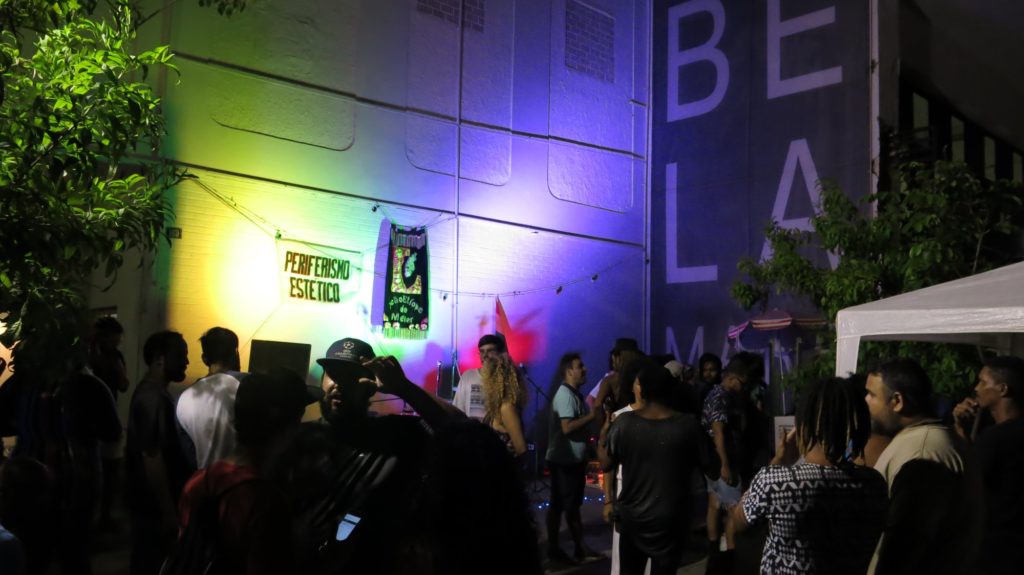
By Victoria Page
This is a translation of the original post in Portuguese.
In recent decades, progress has been made toward recognizing and supporting initiatives to advance gender and racial equality, as well as toward addressing other forms of social inequality that intersect with sexism and racism, like class and religious discrimination. The efforts of these initiatives have been echoed in the United Nation’s Sustainable Development Goals (SDGs), launched in 2015. However, there is still much work left to be done in order to achieve gender and racial equality around the world.
Persistent gender and racial inequalities have profound, negative impacts on women and girls, especially women of color, in almost all areas of their lives, including health, education, and employment. Men and boys, too, are negatively impacted by such inequalities, including by harmful gender norms that normalize men’s use of violence to “assert their masculinity” against both women and other men.
The report “This isn’t the life for you”: Masculinities and Nonviolence in Rio de Janeiro, Brazil brings together results from Equimundo’s International Men and Gender Equality Survey (IMAGES) in Rio de Janeiro, with a special focus on the context of urban violence. The research shows a clear connection between inequitable gender norms and men’s use of violence, as well as childhood exposure to violence and later use of violence. It reinforces existing knowledge about intergenerational and public-private transmission of violence, as well as highlights the devastating effect of intersecting inequalities on the well-being of individuals and communities.
Gender inequalities in Brazil are complex and deeply rooted, inextricably linked to racism and cutting across various levels of society, from inequitable personal attitudes and behaviors to harmful community norms and patriarchal structures. Such a context requires transformation at multiple levels, including institutional, community, and individual changes.
In the same context, artistic and cultural creation has historically served as a space to challenge gender, racial, and other inequalities. There are numerous examples of art and culture in Brazil that question the harmful norms of gender and racism, in order to transform the daily realities of the people affected by these types of inequalities.
To better understand the impact of art and culture on transforming inequalities, Equimundo recently began an innovative research project in Brazil in global partnership with Goldsmiths, University of London; in local partnership with the Institute of International Relations of the Pontifical Catholic University of Rio de Janeiro (IRI/PUC-Rio) and the Maria and João Aleixo Institute (IMJA); and with the support of the UK Research Council (RCUK).
For four years, the research project will address the relationships between arts, culture, and gender and racial equality as part of the GlobalGRACE (Global Gender and Cultures of Equality) research initiative. Led globally by Goldsmiths in the United Kingdom, GlobalGRACE includes five more partner countries – Bangladesh, Brazil, Mexico, the Philippines, and South Africa – each focused on a different aspect of gender equality, art, and culture.
As a leader in work with men and boys to promote gender equality, Equimundo will conduct research in Brazil that examines nonviolent masculinities in the context of urban violence, with a special focus on music, dance, and graffiti. Drawing from the expertise of IMJA and IRI/PUC-Rio, the research includes an emphasis on knowledge production in urban peripheries, especially in the Maré community (the main research site), and on artists from the peripheries as challengers of unequal hegemonic power.
The national launch of the research project took place in Brazil in March 2018. In June, representatives from Equimundo met with all of GlobalGRACE’s international partners in a 10-day partnership and capacity-strengthening event in London, kicking off research in each of the six countries. In 2019, the partners in Brazil will host the second partnership and capacity-strengthening event, including activities and sessions open to the public.
Many of the project activities in the coming years will be conceived and designed in direct partnership with artists and activists from the Maré community. The culmination of the four years of research will include the creation of a public art exhibit with these artists and activists.
